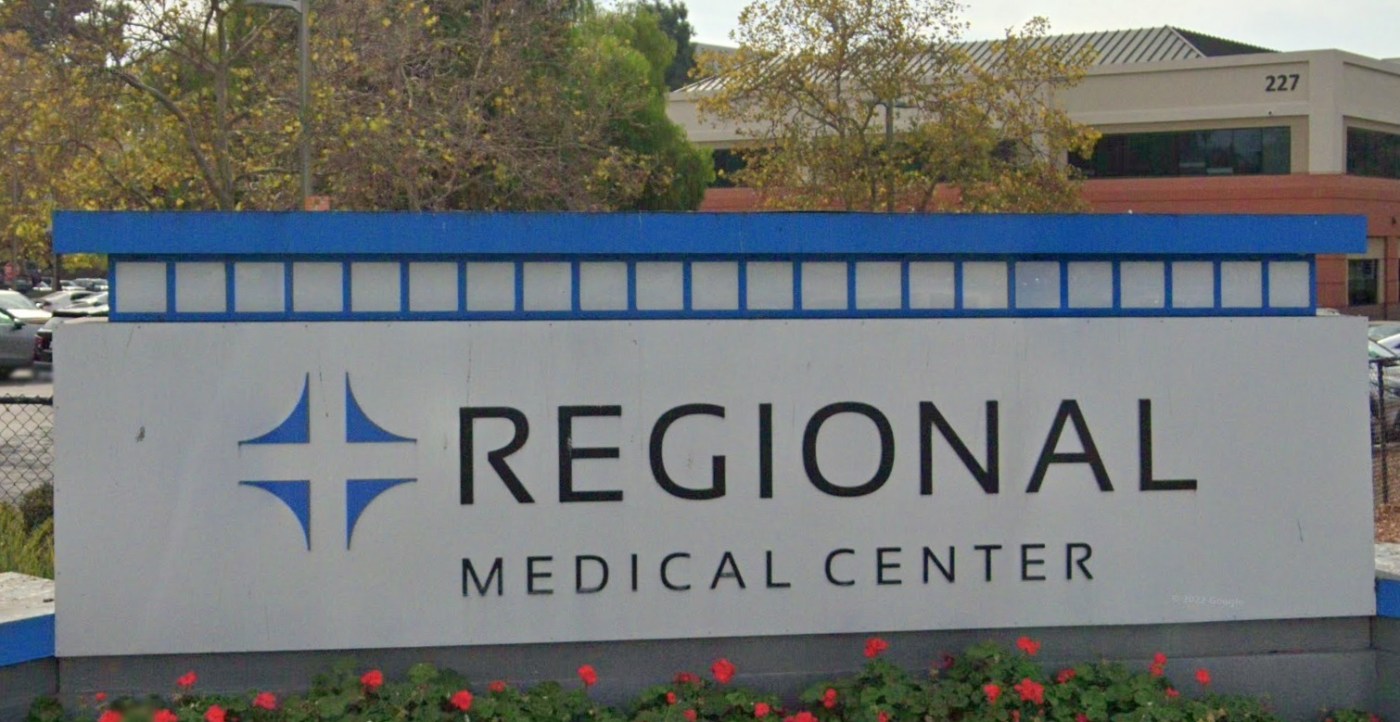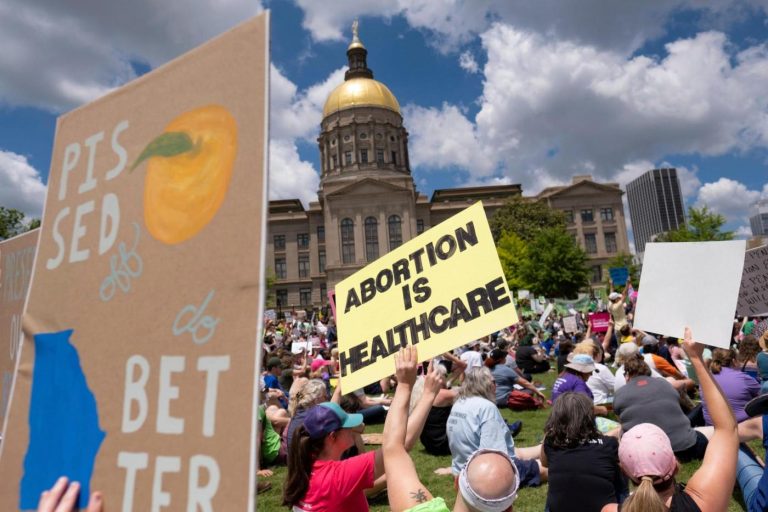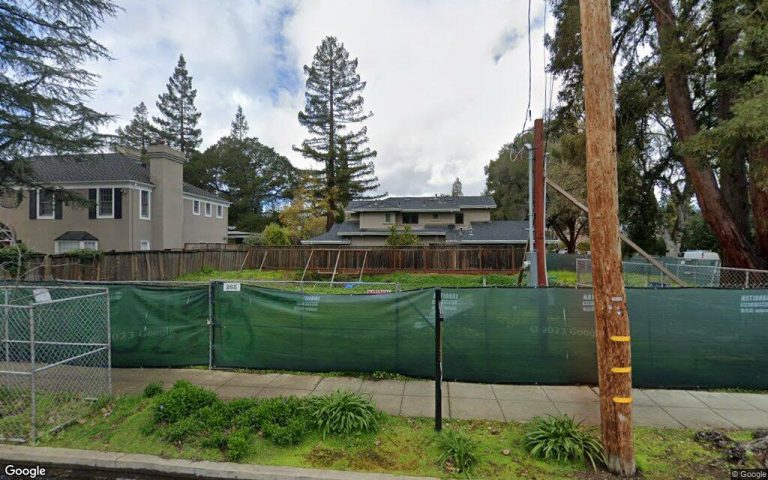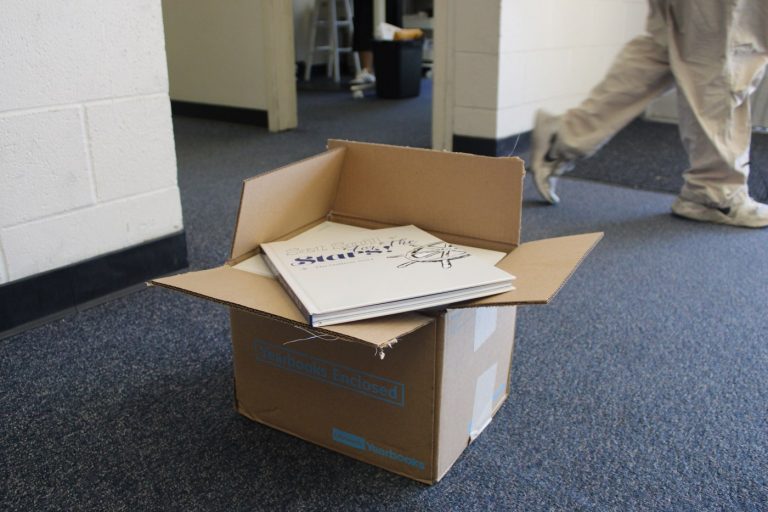SAN JOSE — Regional Medical Center, a crucial part of the mosaic of the healthcare system in East San Jose, will shut its trauma center and severe heart-attack services this summer, the hospital says.
Yet at the same time that the hospital is shutting two key services, the medical center also intends to greatly expand its emergency room capacity with a 47% increase in the number of E.R. beds.
The East San Jose hospital said it would shut the services starting on Aug. 12, Regional Medical Center stated. The hospital is located at 255 North Jackson Street near McKee Road.
“We have made the difficult decision to close our Trauma Center and STEMI programs,” Carmella Gutierrez, a spokesperson for Regional Medical Center. STEMI is a severe level of heart attack and stands for Segment Elevation Myocardial Infarction.
Regional Medical Center also intends to work with Santa Clara County health officials to shift its stroke services.
“We’ll be working with the county to transition from comprehensive stroke to a primary stroke offering,” Gutierrez said.
Related Articles
In fight over Medicare payments, the hospital lobby shows its strength
Governments can erase your medical debt for pennies on the dollar — and some are
Experts say ‘diet weed’ can be dangerous
17% of US adults have noise-induced hearing loss. A new study uncovers a biologic reason
FDA’s plan to ban hair relaxer chemical called too little, too late
The hospital said it will beef up emergency room capacity.
“After a rigorous assessment, the need for our emergency services has grown beyond our current capacity,” Gutierrez said.
As a result, the Regional Medical Center emergency room will greatly expand its capacity.
“We will invest $10 million this year to expand our Emergency Department, increasing capacity to 63 from 43 beds,” Gutierrez said.
That’s a 46.5% jump in the number of emergency room beds the hospital will accommodate.
Regional Medical Center emphasized that it will be providing numerous services even after the shutdowns for trauma and severe heart attack problems.
“We remain primary stroke-ready,” Gutierrez said. “Like many emergency departments, we will triage, provide care and stabilize for transfer those walk-in patients with trauma, STEMI and stroke-related healthcare needs.”













+ There are no comments
Add yours